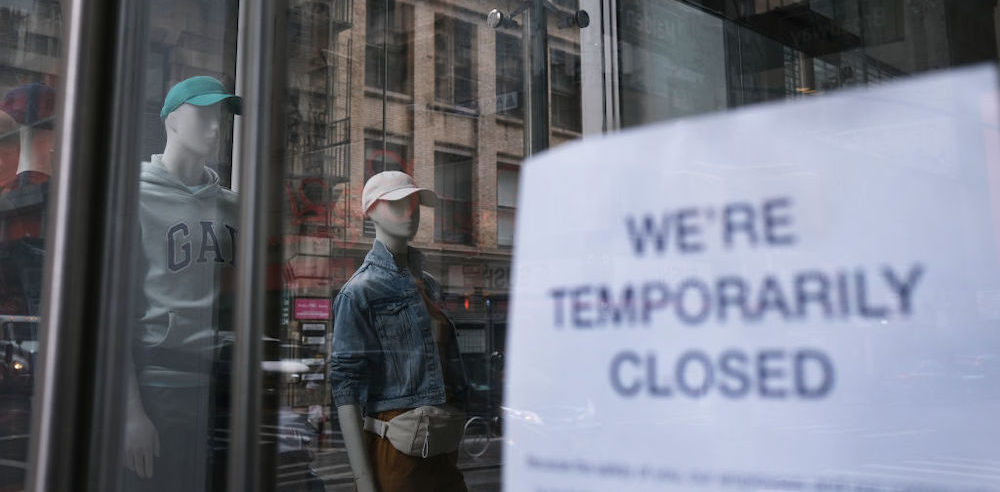- Impact investors are concerned about the U.S. economy shedding jobs for young workers amid grim reports of the worst job losses since the Great Depression.
- Investors with a focus on ESG matters are especially concerned about the disappearance of low-to-moderate-income employment opportunities for 25- to 35-year-olds that are set to drive the economy in the future.
- Some investors project the economy may be back to a growth mode in Q4 of 2020.
Impact investors are most concerned about the U.S. economy shedding jobs for young workers amid grim reports of the worst job losses since the Great Depression.
American workers are bearing the brunt of the effects of the COVID-19 pandemic and an economic slump that caused 15.9 million people to lose their jobs in April, bringing the total number of unemployed to 23.1 million, according to the Labor Department. The unemployment rate was 14.7%, the highest rate since the bureau began collecting the data in 1948.
The leisure and hospitality industry was the hardest hit, but other sectors, such as education and health care, also suffered significant losses. Female workers suffered a larger share of job losses in the COVID-19 labor market, according to Elise Gould of the Economic Policy Institute. In April, women suffered 54.9% of total job losses.
For investors with a focus on ESG matters, the disappearance of low-to-moderate-income employment opportunities for younger demographic groups such as 25- to 35-year-olds is extremely troubling, says Tim Bubnack, a managing partner at HCAP Partners, an investment company that provides growth capital to small and medium-sized enterprises.
“That’s really what’s most concerning for us as an investor focused on quality jobs through our gainful jobs program,” Bubnack told Karma. “Those jobs for part of our population that is critical to the long-term growth of the economy are going to probably take the longest to come back.”
He is optimistic that a majority of the jobs will come back and that the economy may return to a growth mode in the fourth quarter of 2020.
The San Diego-based company makes debt and equity investments in sectors including technology. HCAP has deployed about half of the capital in its $150 million fund over the last 18 months in various recipient firms. Those companies have been affected by the downturn, but the U.S. government’s small business relief program has blunted the blow, Bubnack says.
None of HCAP’s portfolio firms have had to lay off workers. However, some like A Better Life Recovery, a California-based health care provider that treats people who suffer from substance abuse and are diagnosed with mental health illnesses, have made adjustments to operations.
Jeff Robbins, the A Better Life Recovery’s founder and chief executive officer, says in the past few months the company — which employs about 150 workers, including certified psychiatrists and licensed clinical social workers — has delivered some of its services remotely through telemedicine to minimize the risks for patients amid the pandemic.
The company hopes to reverse some of the operational changes when the outbreak subsides. Its management team is pursuing expansion plans in San Diego County and is looking at new opportunities in locations such as Nevada and Arizona during the crisis.
“It breaks my heart to think of the people who are struggling through this period of time, but we have been fortunate enough to be in a situation where we suffer nowhere near the impact [felt] in retail,” Robbins says. “The demand for our services is going to increase. There are going to be serious behavioral health issues arising out of this.”
Photo by Spencer Platt/Getty Images






















